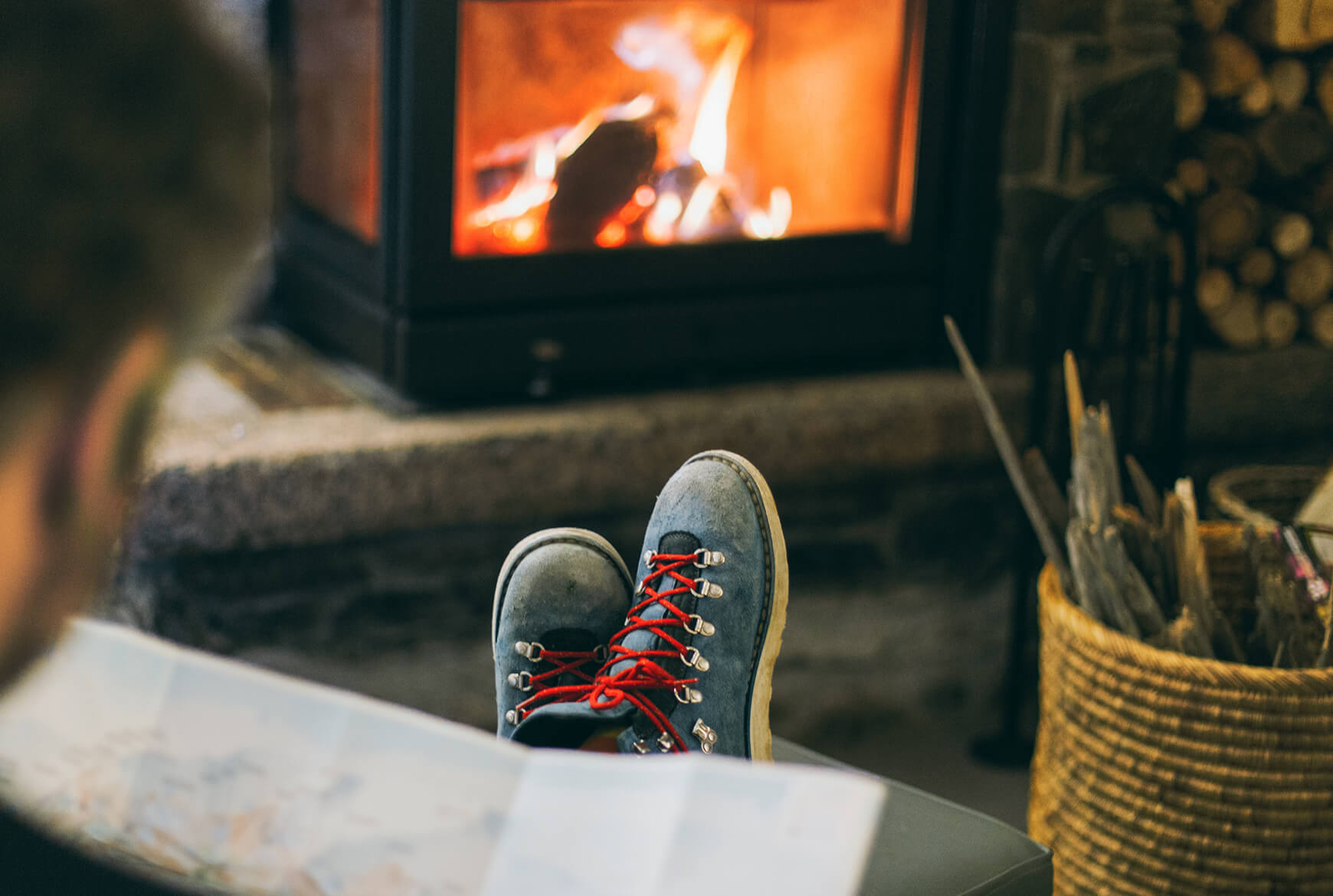How does wood heating impact your home insurance premium?

There are a number of benefits to a wood heating system. But having this type of unit installed could have an impact on your home insurance premium. Read the guide carefully to avoid certain hazards!There are a number of benefits to a wood heating system. But having this type of unit installed could have an impact on your home insurance premium. Read the guide carefully to avoid certain hazards!
1. Notify your insurance company.
Plan on buying a wood stove to heat your home this winter? Or plan on buying a home with a wood burning appliance? Mention it to your insurance company so the right premium is established in the event of a loss. The insurer will typically require:
- That the wood stove be connected to a safe chimney, like a prefabricated metallic chimney that can withstand high temperatures of up to 2,100°F or a masonry chimney with a refractory tile or a metal duct.
- That your chimney be cleaned as often as required based on the type of unit you have.
- That it be installed properly with no flammable materials nearby and that hoses and connections be in good condition.
If your insurance company deems that the installation is non-compliant, you will need to correct these elements before it will agree to cover your unit.
2. Choose your wood stove with care
If you want to buy a wood heating unit, the Insurance Bureau of Canada (IBC) and l’Association des professionnels du chauffage (APC) recommend:
- That a unit bear the mark of approval from an independent testing lab (CSA, Warnock Hersey (or ITS), ETL or ULC certification).
- That the unit be installed by certified APC technicians.
Check with your municipality to find out what the standards are for installing and using auxiliary heating.
3. Buying a home: make sure that the current wood heating unit is compliant
Before purchasing a home that is heated using a wood burning appliance, check with the APC to make sure that the installation is compliant.

4. Check your home insurance premium
Your home insurance premium may go up if you add wood heating. It’s normal because this type of installation increases the risk of fire. Here are the most common wood stove hazards:
- Poor installation
- Insufficient clearance between flammable material and the appliance
- Inadequate maintenance and use
- Cleanings too far apart, resulting in the accumulation of highly flammable creosote deposits in your chimney.